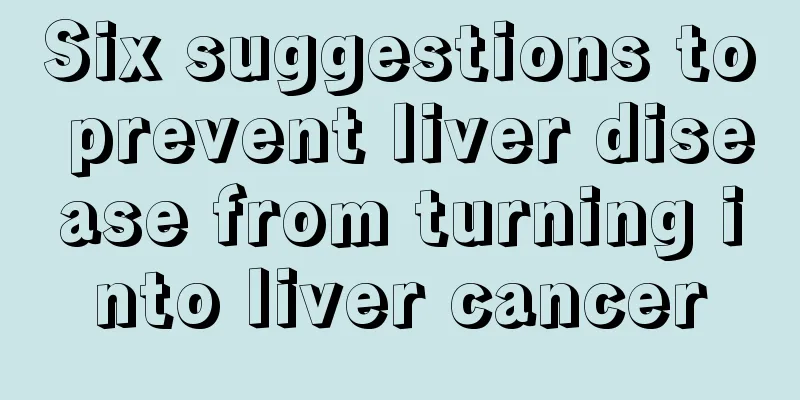What causes arm pain after breast cancer surgery

|
Arm pain after breast cancer surgery is often related to nerve damage. The nerves in the armpit area may be affected during surgery, causing postoperative pain or discomfort. Although these symptoms may subside over time, it is still important to understand their causes and how to deal with them. 1. Impact of nerve damage: During breast cancer surgery, especially when it involves full axillary dissection, doctors may inadvertently damage some nerves. These nerves are responsible for transmitting sensory signals, and damage may cause abnormal sensations in the skin of the arms and inner chest wall, such as tingling, numbness, or burning. Although it sounds a bit scary, this situation is not uncommon after surgery. 2. The role of time: The good news is that over time, the body will gradually adapt to this change. Nerves have a certain ability to repair themselves, and although the process may be slow, most patients will find that the pain and discomfort are reduced within a few months. It's like when we accidentally bump our elbow occasionally, it feels strong but usually subsides on its own. 3. Importance of rehabilitation exercises: Postoperative rehabilitation exercises play a key role in relieving pain and restoring function. Gentle stretching and strength training can help promote blood circulation, reduce stiffness, and improve shoulder and arm flexibility. It is recommended to be performed under the guidance of a professional rehabilitation therapist to ensure the correctness and safety of the movements. 4. Professional medical advice: If pain persists or worsens, it is very important to seek medical attention promptly. The doctor may use physical therapy, medication management, or other treatments to help relieve symptoms. Maintaining communication with the doctor can help you better manage the postoperative recovery process. 5. Necessity of psychological adjustment: Postoperative pain may also have an impact on the psychological state. Appropriate psychological support and adjustment can help improve the overall recovery experience. Communicating with family and friends, or joining a support group can provide emotional support and encouragement. 6. Adjustment of diet and lifestyle: A healthy diet and good living habits can also promote postoperative recovery. Eating more foods rich in antioxidants and anti-inflammatory substances, such as fruits, vegetables and nuts, can help reduce the body's inflammatory response. At the same time, maintaining adequate sleep and moderate exercise can also improve the body's self-healing ability. Although arm pain after surgery is common, it is not irreversible. With active rehabilitation measures and professional medical support, most patients are able to gradually return to normal life. Facing the challenges of the recovery process, maintaining a positive attitude and good living habits will add motivation to you. |
<<: What to do if your stomach is bloated and uncomfortable in the late stage of liver cancer
>>: How long can you live with advanced symptoms of gastric cancer
Recommend
What does multiple intrahepatic lesions mean
Multiple intrahepatic lesions refer to abnormal e...
human papillomavirus hpvdna
There are many hereditary diseases in people'...
What is the disease of mycoplasma double positive
Mycoplasma infection is a very common disease and...
A brief discussion on the symptoms of pancreatic tumors
Pancreatic tumor is a common malignant tumor dise...
What to do if the bottle cap cannot be opened
There are many seasoning bottles used in the kitc...
Symptoms of torn knee ligament
The knee is a very critical part. If there is a p...
Experts introduce typical symptoms of bone cancer
Bones are prone to disease, and the most serious ...
Liquor and pepper water can cure toothache
How to treat snoring with pepper water 1. Take 5-...
How long does it take to eradicate glioma
When it comes to tumors, we are all afraid in our...
What causes pain when bending the knee
Some middle-aged friends may have a question, tha...
What to do if your ten-year-old child is rebellious
Many parents often feel at a loss when facing the...
How to wash off clothes stained with other colors, 6 tips
When washing clothes, we should wash clothes of d...
Donating blood can delay aging
Donating blood is originally a public welfare thi...
What are the effective treatments for lung cancer? Five best treatments for lung cancer
The treatment for patients in the middle and late...
Who are the high-risk groups for colorectal cancer
People at high risk of colorectal cancer are much...









